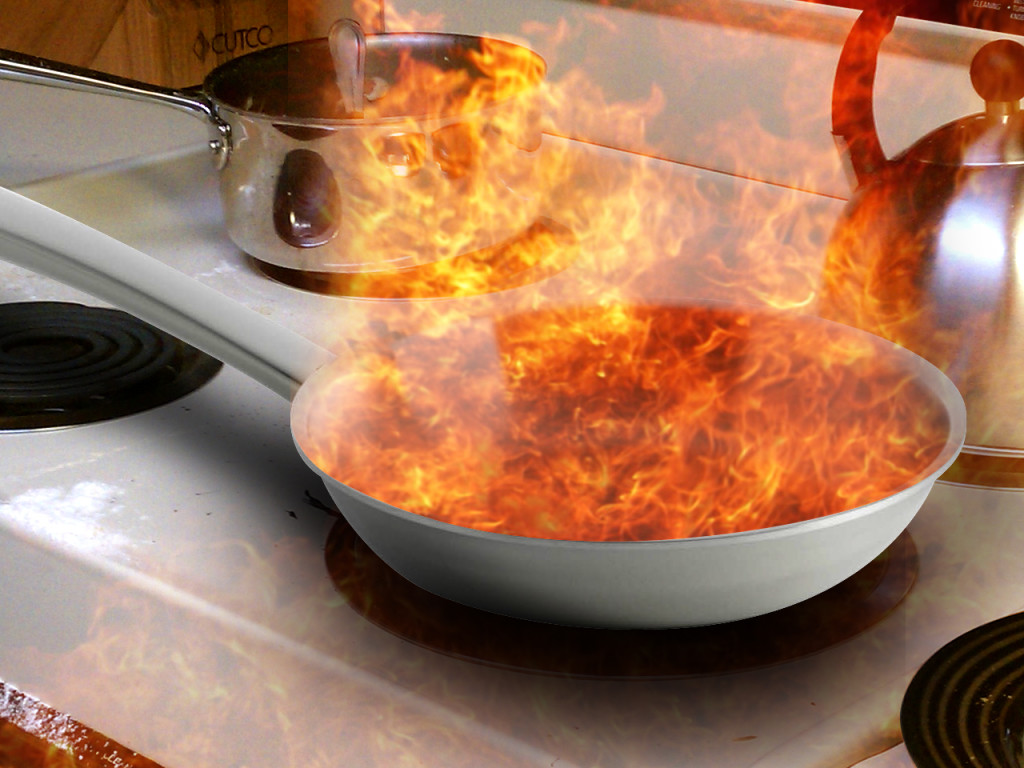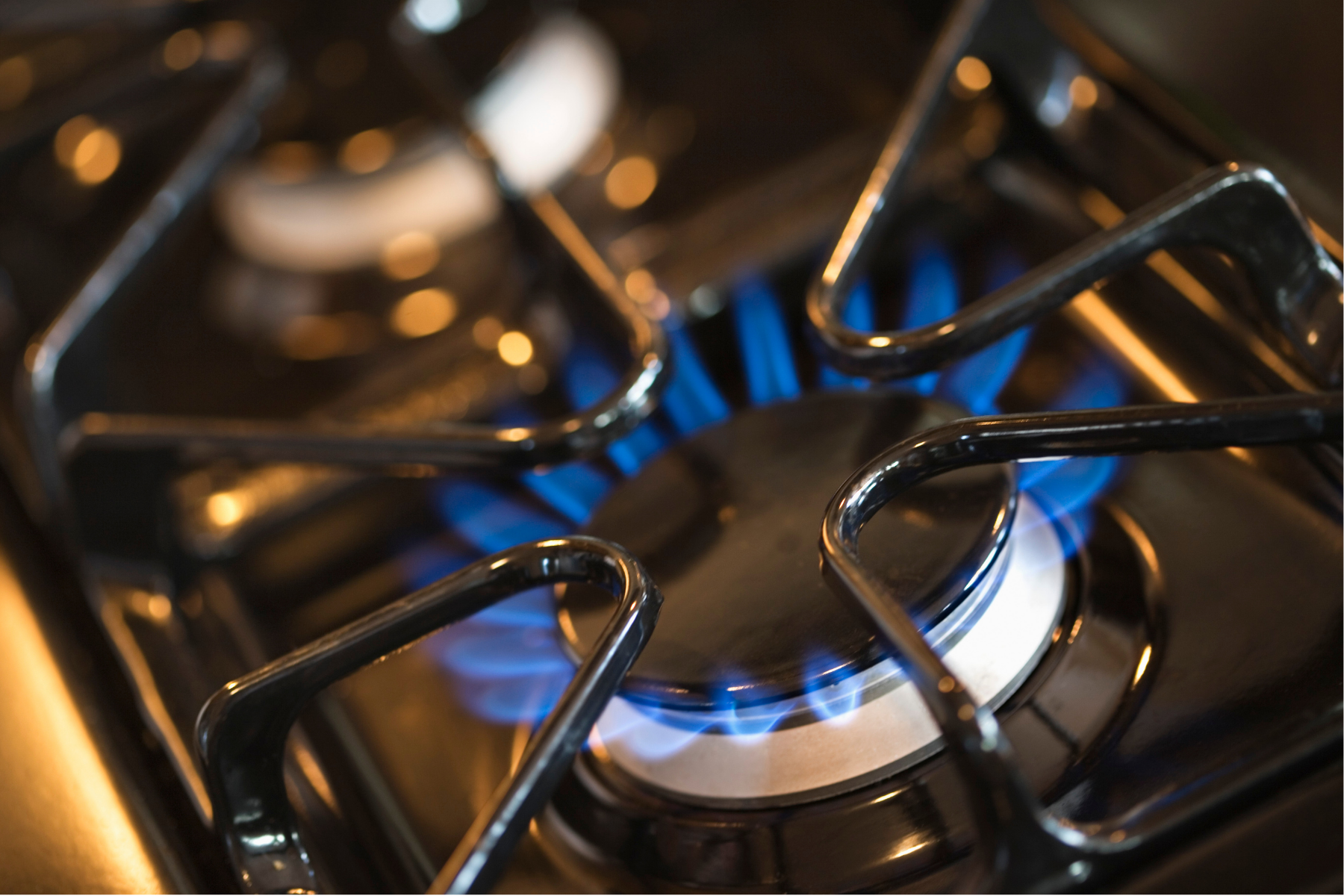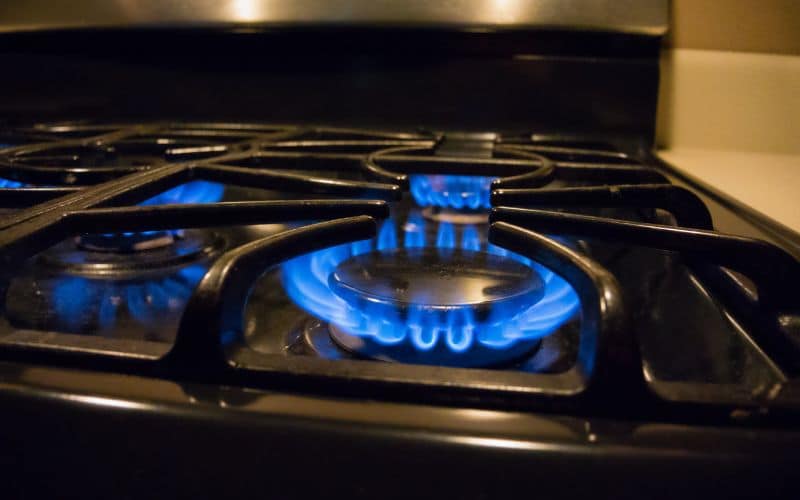The Dangers and Prevention of Leaving a Gas Stove On
I. Introduction
A. Importance of gas stove safety
Gas stoves are a common and convenient appliance in many households, but it is essential to prioritize safety when using them. This article focuses on the dangers of leaving a gas stove on and provides preventive measures to ensure the safety of individuals and their homes.
B. Overview of the article’s focus on the dangers and prevention of leaving a gas stove on
In this article, we will explore the potential dangers associated with leaving a gas stove on and discuss various preventive measures. Understanding the risks of gas leaks, fire hazards, and property damage emphasizes the importance of responsible stove usage. By developing safe habits, installing safety devices, and educating household members, we can significantly reduce the likelihood of accidents or incidents.

II. Understanding the Dangers of Leaving a Gas Stove On
A. Potential for gas leaks and gas buildup
- Risks of gas leaks, such as fire and explosions
Leaving a gas stove on can lead to gas leaks, which pose significant dangers. Gas leaks can ignite, causing fires or even explosions, leading to severe injuries, property damage, and loss of life.
- Health hazards associated with gas exposure
Gas leaks also expose individuals to harmful gases, such as carbon monoxide, which is odorless and colorless. Prolonged exposure can lead to carbon monoxide poisoning, resulting in flu-like symptoms, dizziness, and even death.
B. Fire hazards and property damage
- Increased risk of accidental fires
Leaving a gas stove unattended increases the risk of accidental fires. Items left too close to the stove, such as kitchen towels or flammable materials, can catch fire if ignited by the stove’s open flame.
- Potential damage to surrounding materials and appliances
Accidental fires caused by an unattended gas stove can quickly spread to surrounding materials, causing extensive property damage, including furniture, cabinets, and other appliances in close proximity to the stove.

III. Prevention and Safety Measures
A. Developing Safe Habits
- Double-checking stove knobs before leaving the kitchen
It is crucial to develop a habit of double-checking stove knobs to ensure they are in the off position before leaving the kitchen or when the stove is not in use. This simple step can prevent accidental gas leaks.
- Creating a routine for stove checks before leaving the house
Before leaving the house, it is advisable to establish a routine where individuals check the stove to ensure it is turned off. This helps to eliminate the risk of leaving the stove on inadvertently.
B. Installing Safety Devices
- Using a gas leak detector or alarm
Installing a gas leak detector or alarm can provide an extra layer of protection. These devices are designed to detect the presence of gas leaks and alert individuals, allowing them to take prompt action.
- Utilizing automatic shut-off valves or timers
Automatic shut-off valves or timers can be installed to automatically turn off the gas supply to the stove after a designated period of time. This prevents the stove from being left on for an extended period.

C. Educating Household Members
- Raising awareness about gas stove safety
It is essential to educate all household members, including children, about the importance of gas stove safety. This includes explaining the potential dangers, emphasizing the need to turn off the stove when not in use, and teaching them how to recognize signs of gas leaks.
- Teaching proper stove usage and precautions to family members
Proper stove usage and precautions should be taught, including reminding family members not to leave flammable materials near the stove, not to use the stove for heating purposes, and to ensure proper ventilation in the kitchen when using the stove.
IV. Emergency Response and Guidelines
A. What to do in case of a gas leak or smell
Gas leaks can pose serious risks, including fires, explosions, and health hazards. It is crucial to know how to respond if you suspect a gas leak or smell gas in your home. The following steps should be taken:
- Evacuation procedures
- If you smell gas or suspect a leak, evacuate everyone from the premises immediately.
- Leave the door open to ventilate the area and avoid creating sparks by using electrical switches or devices.
- Contacting emergency services and gas company
- Call emergency services, such as the fire department, from a safe location away from the gas leak.
- Also, contact your gas company’s emergency line to report the gas leak.
- Provide them with important details, including your address and any observable signs of a leak.

B. Gas Stove Maintenance and Professional Inspection
Regular maintenance and inspections are crucial for the safe and efficient operation of a gas stove. Engaging certified technicians for inspections and repairs is recommended. The following aspects should be considered:
- Importance of regular maintenance and inspection
- Regular maintenance helps prevent issues and ensures the safe functioning of your gas stove.
- Maintenance tasks may include cleaning burners, checking gas connections, and inspecting ventilation systems.
- Engaging certified technicians for inspections and repairs
- Certified technicians have the expertise and knowledge to properly inspect gas stoves.
- They can identify any potential gas leaks, faulty components, or ventilation issues.
- Schedule professional inspections annually or as recommended by the manufacturer or gas company.
V. Conclusion
A. Recap of the dangers of leaving a gas stove on
- Leaving a gas stove on poses risks such as gas leaks, fire hazards, and property damage.
- Gas leaks can lead to explosions, fires, and health hazards due to gas exposure.
B. Reinforcement of the importance of prevention and safety measures
- Understanding the dangers associated with gas stoves emphasizes the importance of responsible usage.
- Developing safe habits, installing safety devices, and educating household members are essential preventive measures.
C. Final thoughts on the peace of mind and safety that comes with responsible gas stove usage
- By following preventive measures, you can maintain peace of mind and ensure the safety of your household.
- Regular maintenance, professional inspections, and prompt response to gas leaks contribute to a safer living environment.
In conclusion, being aware of the dangers of leaving a gas stove on and taking preventive measures is crucial to ensure the safety of your household. Knowing how to respond to gas leaks and engaging certified technicians for inspections and repairs are important emergency response and maintenance guidelines. Responsible gas stove usage brings peace of mind and the assurance that you are taking necessary steps to prevent accidents and maintain a safe living environment.
